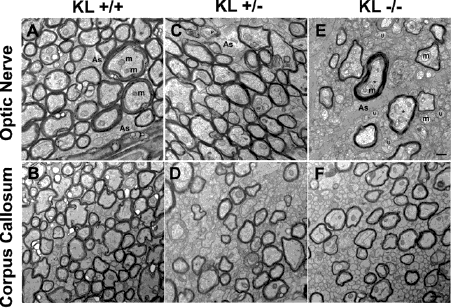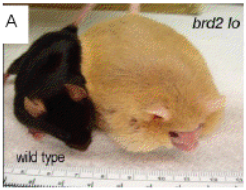The Office of Technology Development’s Ignition Award is designed to help new technologies bridge the (funding?) gap between discovery-oriented research and subsequent development. By providing funding that helps these fledgling technologies reach specific goals or milestones (to show proof of applicability), the Ignition Award helps further them on the path toward commercialization. Each year, applicants submit proposals which are selected based on the quality of the research, the market size and commercialization potential of the proposed product, and the ability of the Ignition Award capital to advance the research. The proposals are evaluated by a panel of venture capitalists and industry experts, as well as members of the Office of Technology Development’s Business Development team. This year’s selection process differed from its’ predecessors’ in its focus on existing technologies, whose creators had already worked extensively with OTD. Because of how developed these technologies were, the selection process was extremely competitive, and produced three very qualified winners:
C. Abraham: Alleviating cognitive degeneration with upregulation of the Klotho protein
 Carmela Abraham’s work with the protein Klotho has provided a potential method of alleviating cognitive decline in aging organisms. In the lab, Abraham discovered a deficiency of Klotho in aging monkeys and mice, which seemed to correlate with the development of cognitive decline. Furthermore, she found that overexpression of Klotho resulted in a 30% increase in lifespan of transgenic mice. Her proposed product would utilize these findings to improve the overall health and mental well-being of any organism by elevating its levels of Klotho.
Carmela Abraham’s work with the protein Klotho has provided a potential method of alleviating cognitive decline in aging organisms. In the lab, Abraham discovered a deficiency of Klotho in aging monkeys and mice, which seemed to correlate with the development of cognitive decline. Furthermore, she found that overexpression of Klotho resulted in a 30% increase in lifespan of transgenic mice. Her proposed product would utilize these findings to improve the overall health and mental well-being of any organism by elevating its levels of Klotho.
C. Cassandras: Making the search for a parking spot easier with Smart Parking
Cassandras’ “Smart Parking” system hopes to ameliorate the stress of finding a parking spot while simultaneously reducing fuel consumption and pollution. Using GPS technology, the Smart Parking system helps a driver locate the best parking space in any given urban environment based on the individual’s predetermined selection criteria. By accounting for proximity of the space to the driver’s destination as well as the cost of parking there, this system helps to maximize the efficiency of any location’s parking capacity. According to Cassandras’ team, their system help to increase parking space utilization by 10-20% over existing guidance-assisted systems, which helps to increase revenues for parking operators.
G. Denis: Discovery of a protein family that uncouples obesity from Type-2 Diabetes and Inflammation
 Gerald Denis has used genetic manipulation of the BET protein family to uncouple obesity from Type-2 Diabetes and inflammation. They have produced mice that are metabolically healthy despite being severely obese—by suppressing the expression of Brd2 (a member of the BET family), these mice are protected from Type-2 Diabetes. Denis proposes to use these findings to produce a few BET inhibitor compounds which could help prevent or alleviate those at risk (or suffering from) Type-2 Diabetes.
Gerald Denis has used genetic manipulation of the BET protein family to uncouple obesity from Type-2 Diabetes and inflammation. They have produced mice that are metabolically healthy despite being severely obese—by suppressing the expression of Brd2 (a member of the BET family), these mice are protected from Type-2 Diabetes. Denis proposes to use these findings to produce a few BET inhibitor compounds which could help prevent or alleviate those at risk (or suffering from) Type-2 Diabetes.
Read more about the Ignition Awards here.
